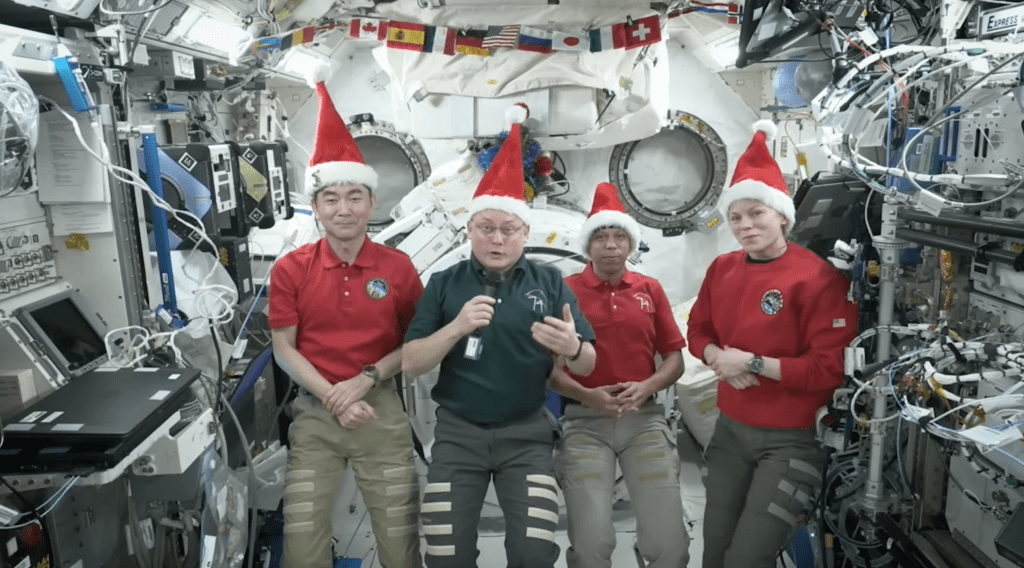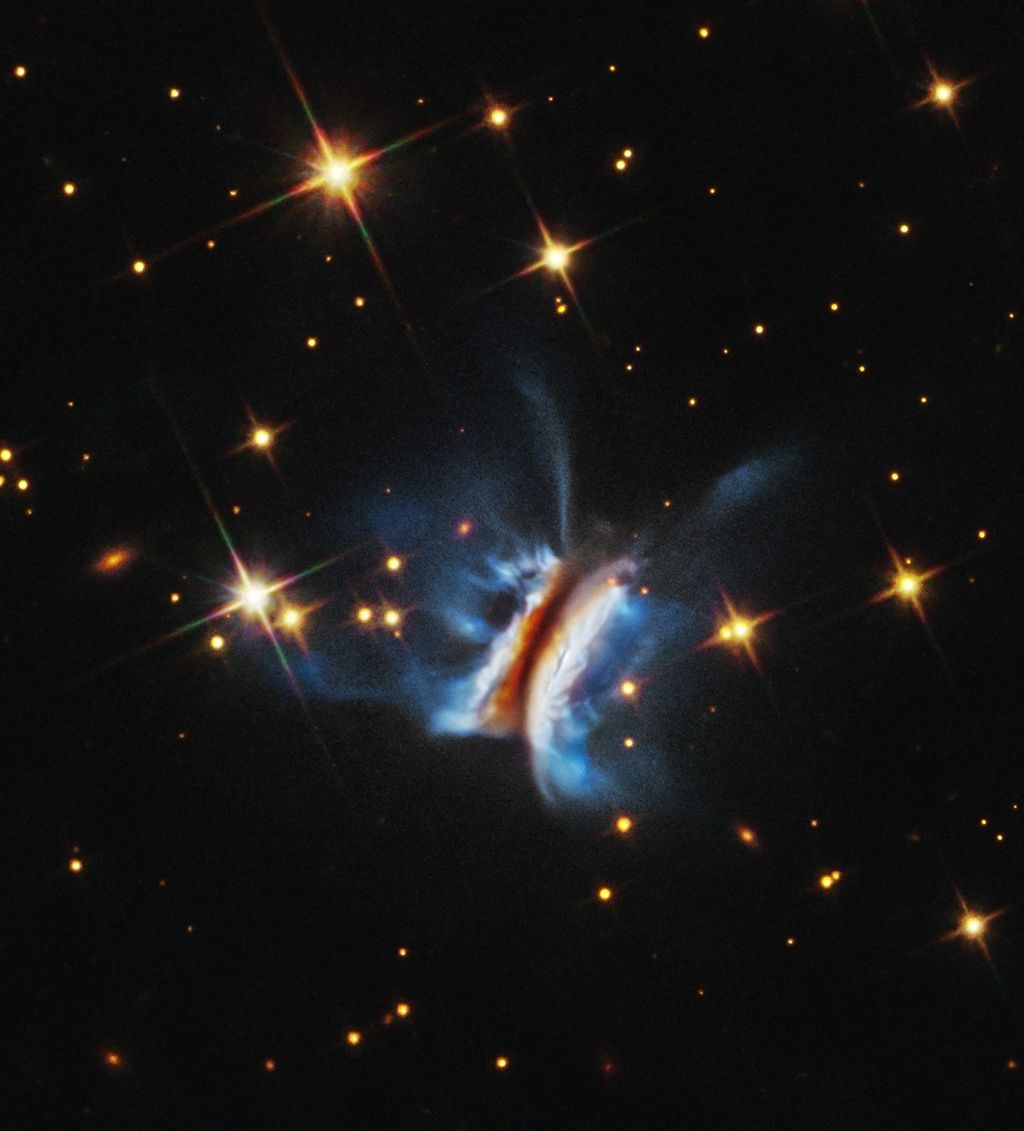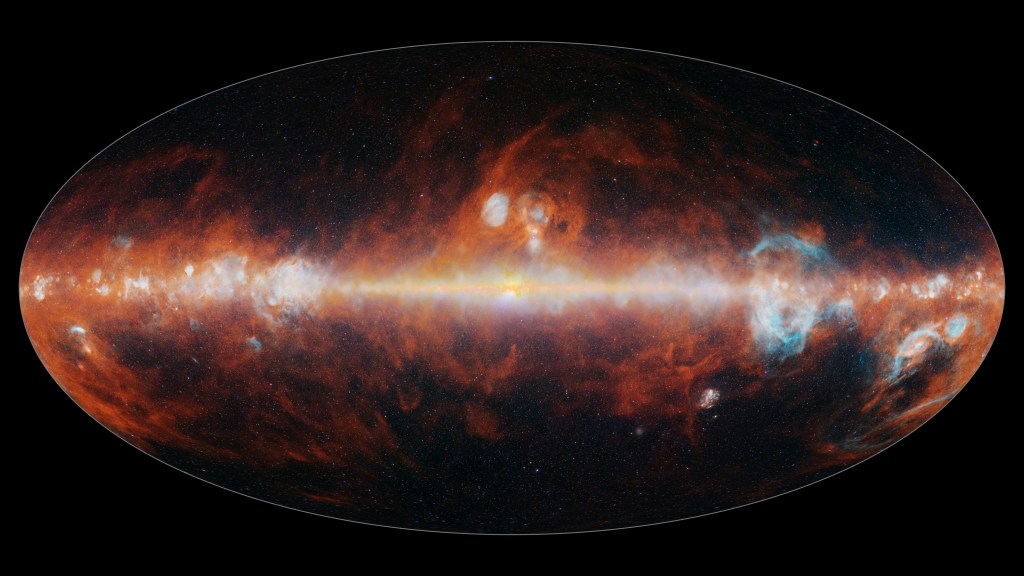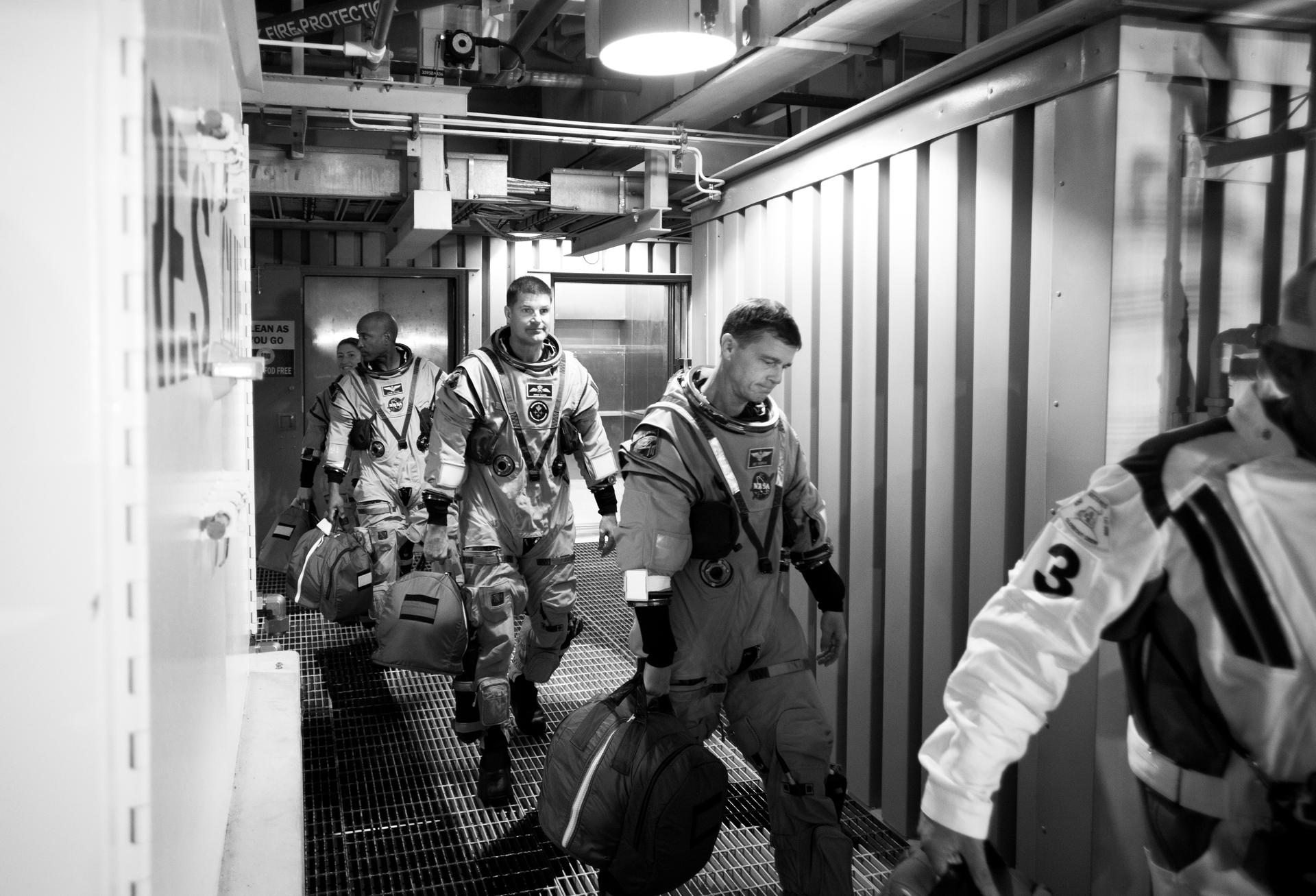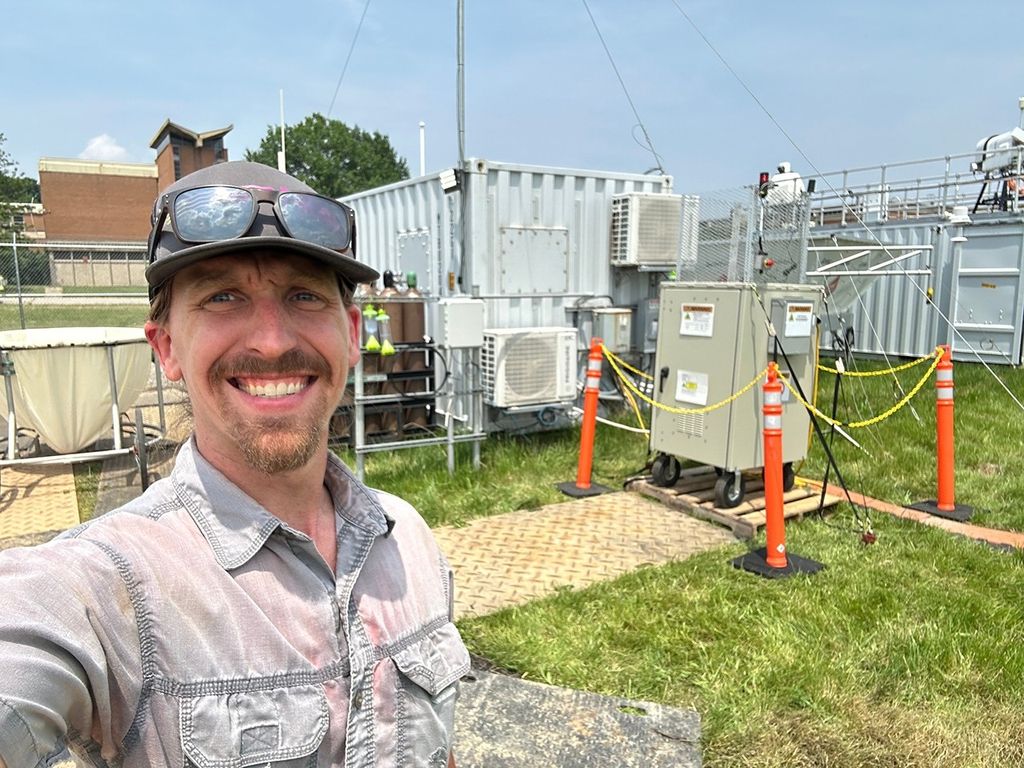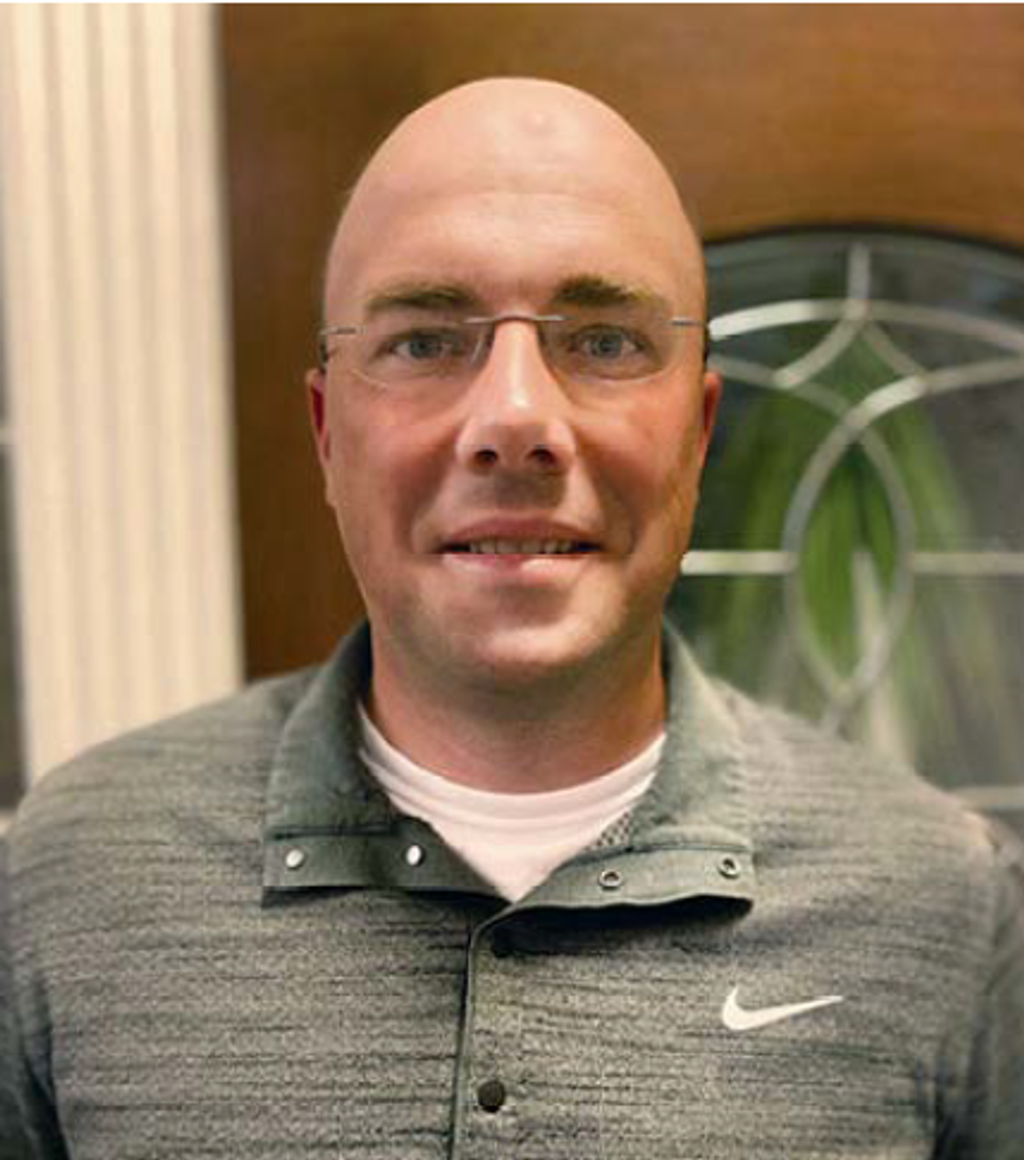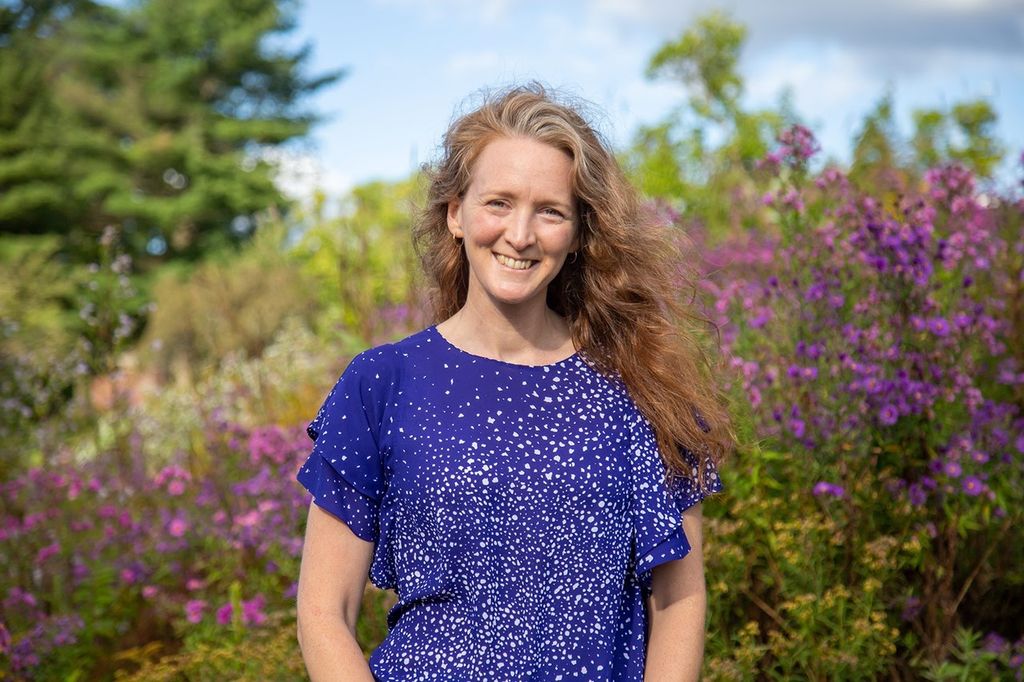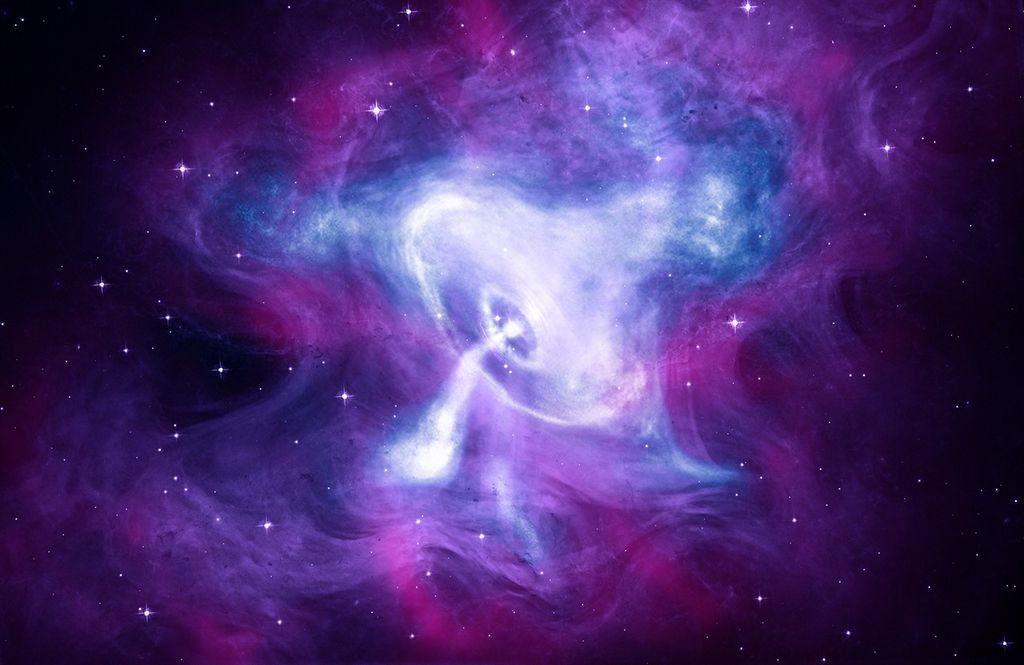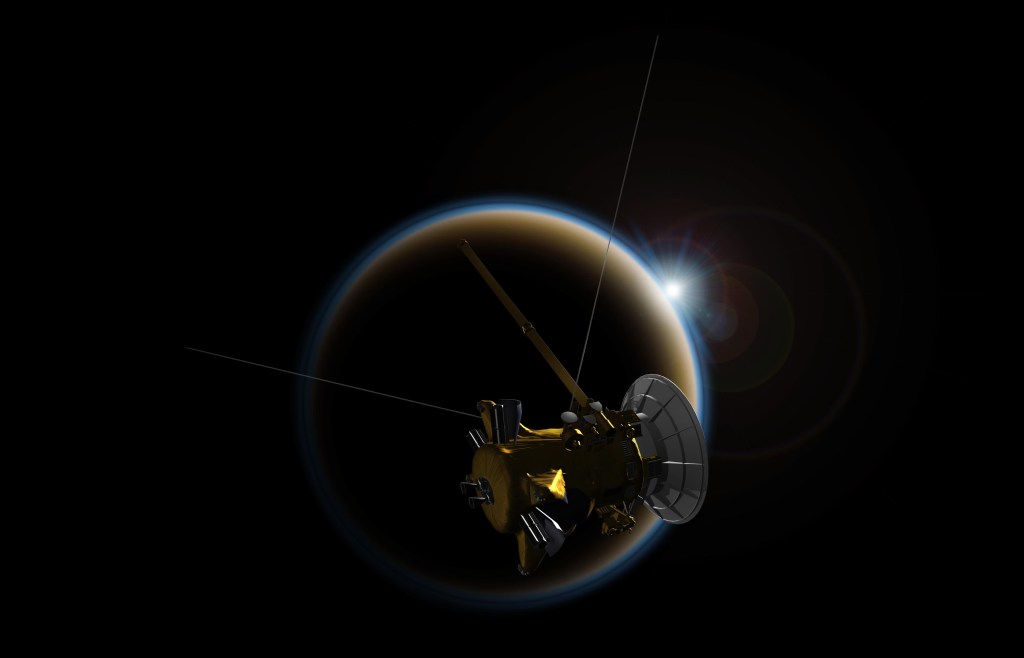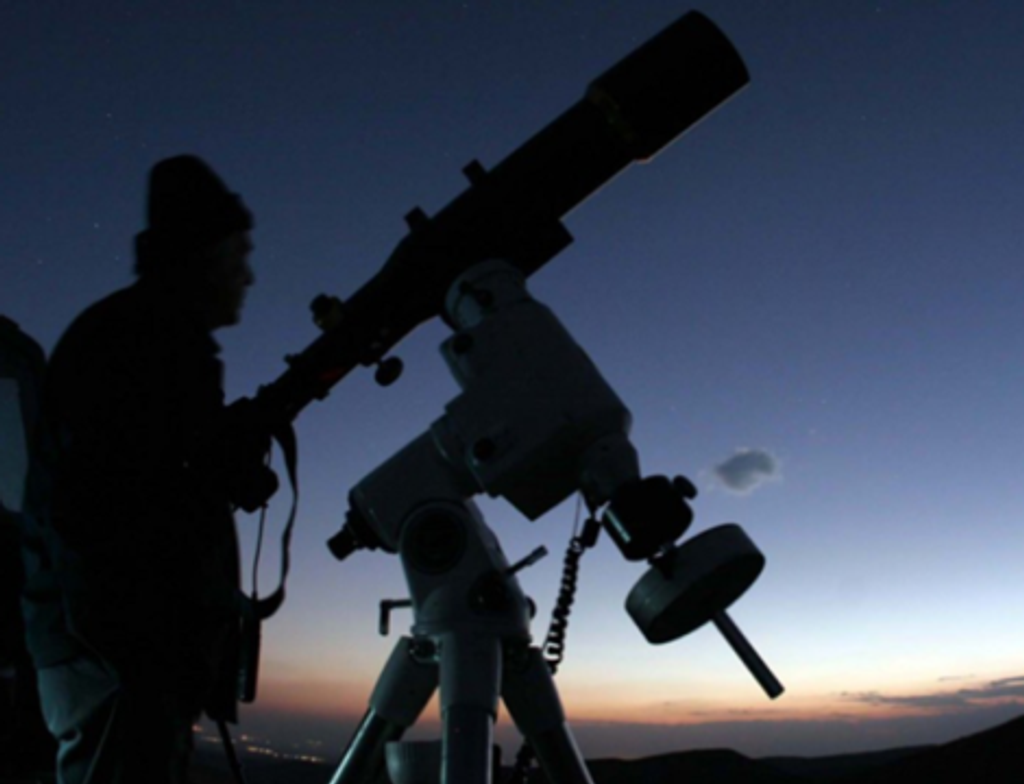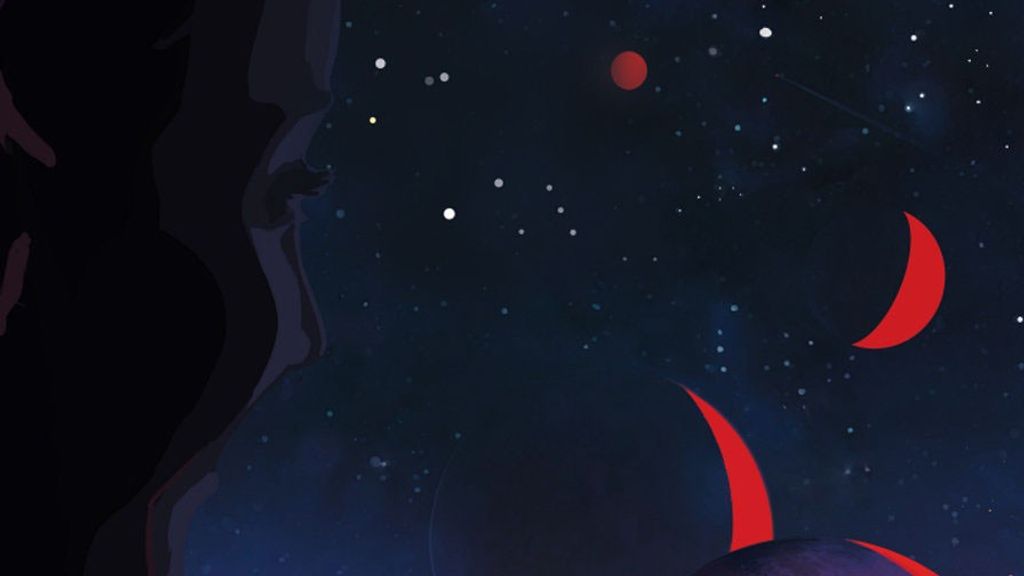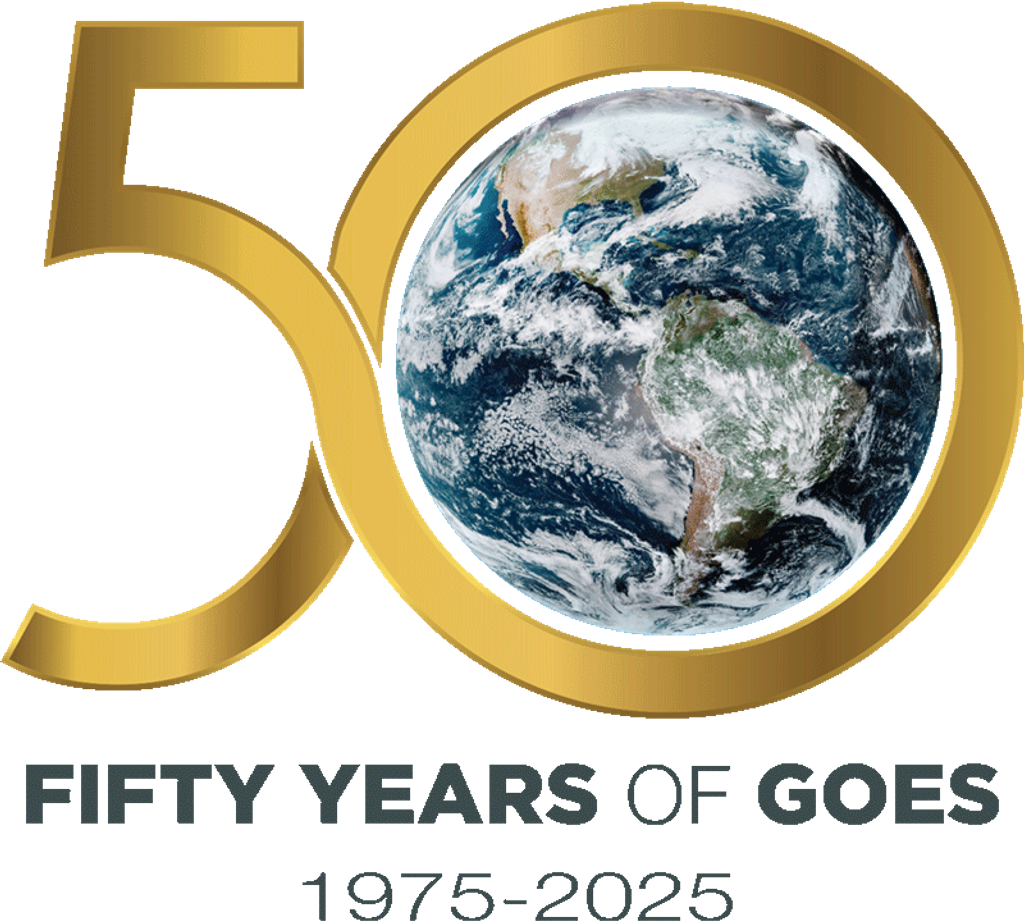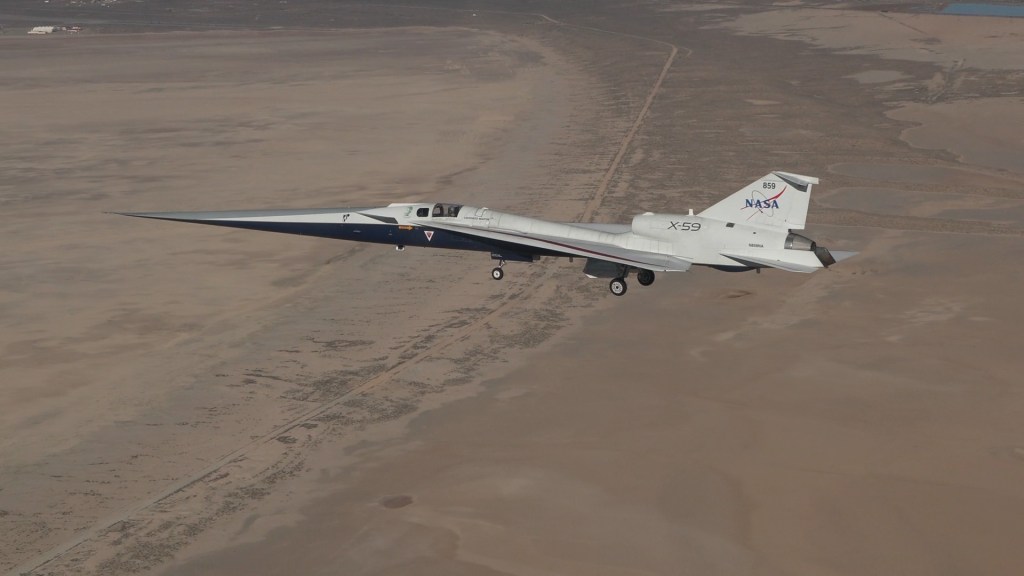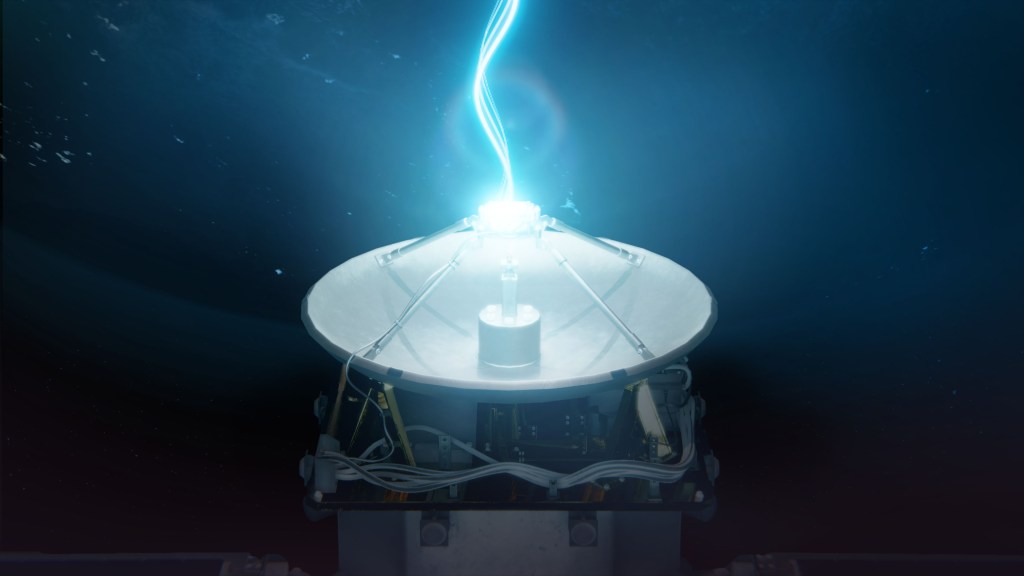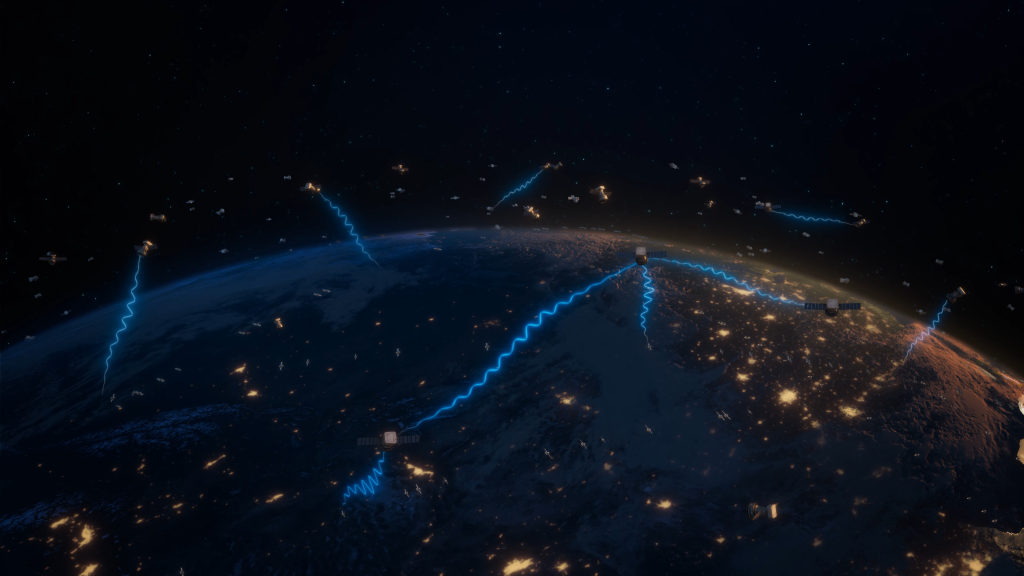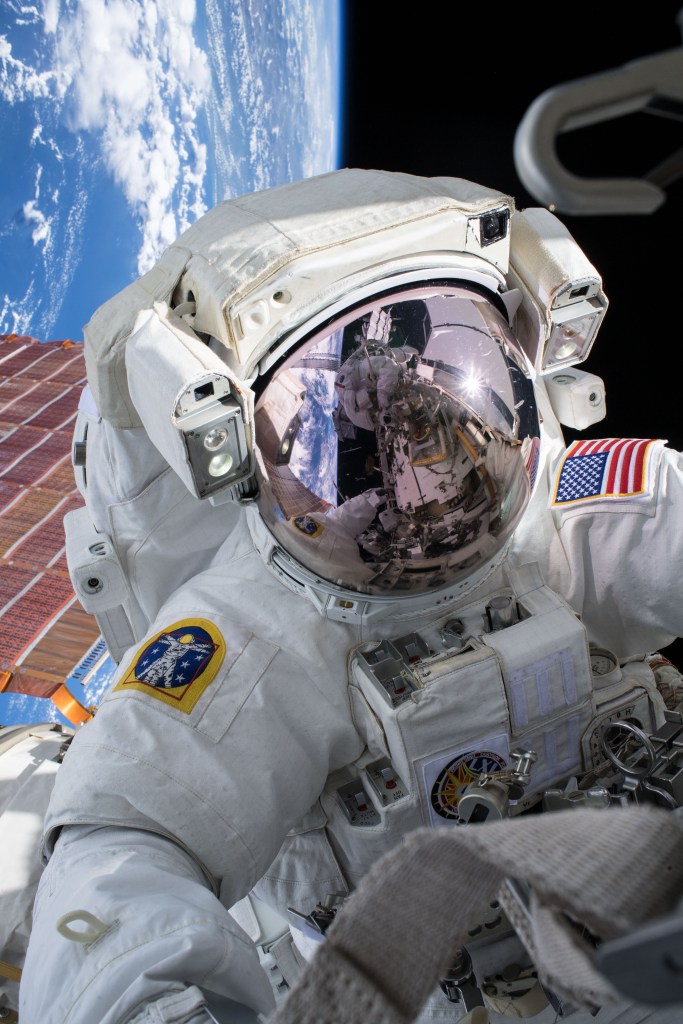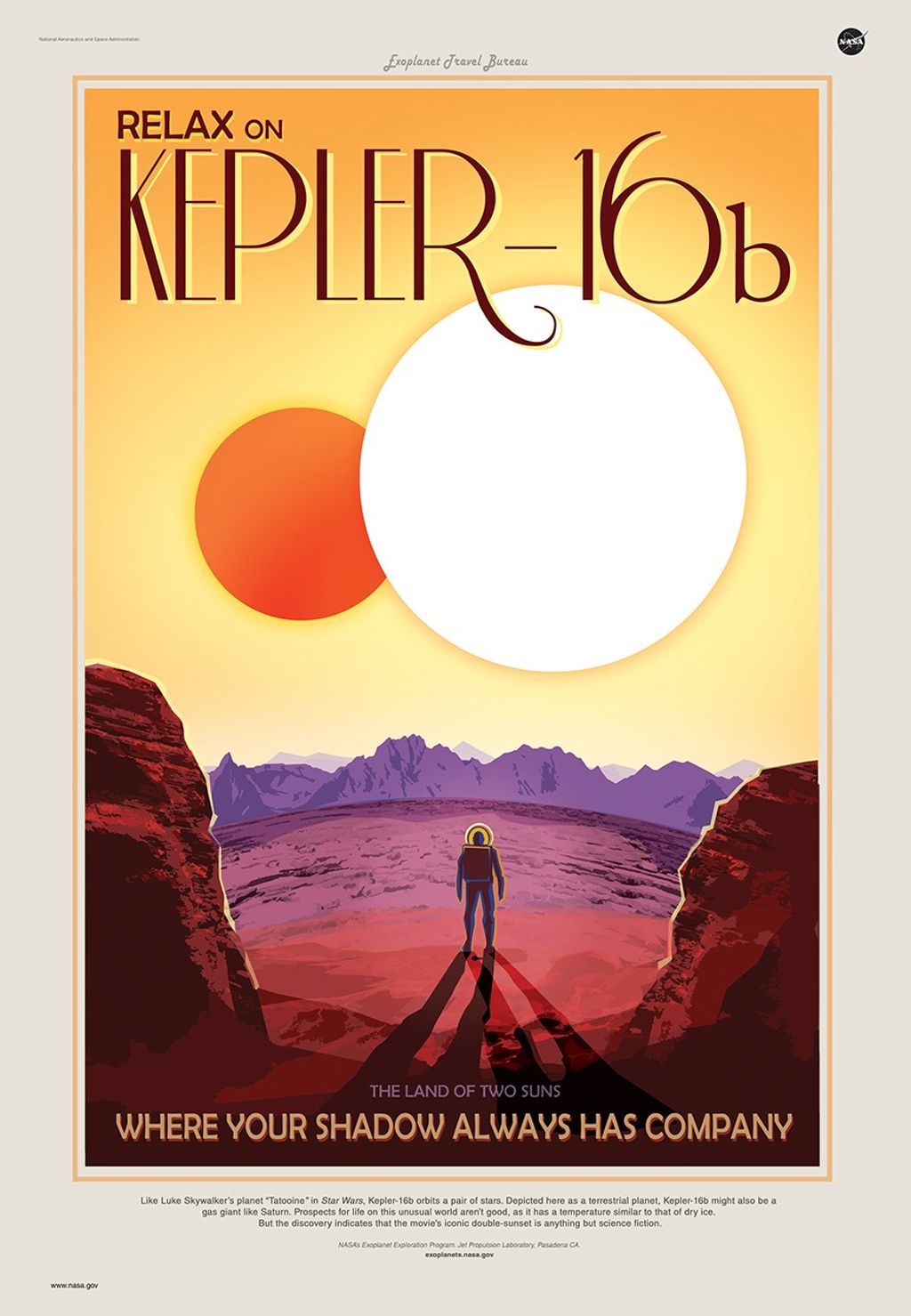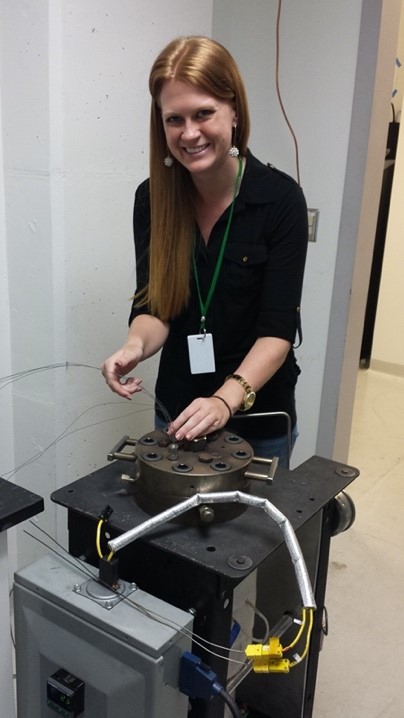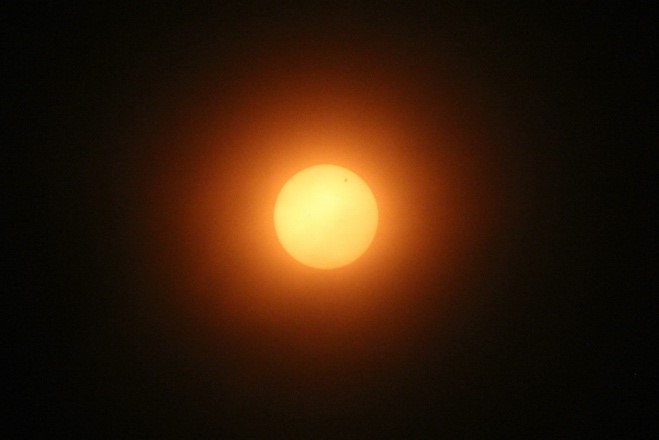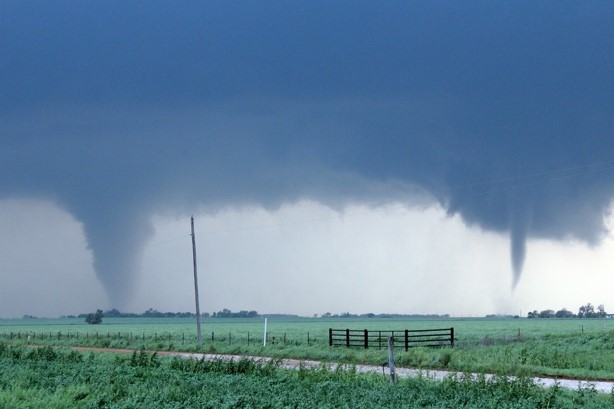Name: Erika Kohler
Title: Deputy Project Scientist on DAVINCI
Formal Job Classification: Planetary scientist
Organization: Astrochemistry Laboratory (Code 691)
What do you do and what is most interesting about your role here at Goddard? How do you help support Goddard’s mission?
I primarily try to simulate extreme environments in the lab to take measurements that are needed for comparison to mission observations and planetary observations in general. This helps us describe other worlds that are not like Earth in ways that make sense to us.
Where did you go to school and what did you study?
I got my bachelor’s degree in meteorology at the University of Oklahoma, which has an amazing program but also geographically allowed for recreational and professional storm chasing. Afterwards I earned my Ph.D. in Space and Planetary Science at the University of Arkansas.
What got you interested in meteorology?
I find storms fascinating — I love watching them build. Some people joke about talking about the weather, but I genuinely love to talk about it. I went to undergrad for meteorology. While at school, I realized that I didn’t want to make forecasts, and I also didn’t really want to study Earth’s atmosphere. I found it so interesting that we could take what we know here and use it to see what other worlds are like. When I went to grad school, I went for planetary science with the idea that I was going to study atmospheres on other planets.
How did you end up studying planetary science?
I really enjoyed my eighth-grade science class because we had a section on meteorology and a section on astronomy, and I thought they were both neat, but I didn’t understand what I could do with astronomy at that point. I knew there were meteorologists and I knew what they did, so I decided I was going to go to school for that.
I later found out there are people who study storms on other planets, essentially combining the two. I decided I wanted to major in meteorology, but also minor in astronomy so when I started to do research in graduate school I would have the background I needed.
How did you end up at Goddard?
When I was in grad school, I started working on a project that aimed to determine the source for these high-reflectivity radar anomalies that we see on Venus. We wanted to try to simulate the environment so that we can see how these minerals exist or react at Venus conditions. That led us to talk to Dr. Natasha Johnson here at Goddard, who runs the VICI — the Venus in Situ Chamber Investigations.
I started collaborating with Dr. Johnson a bit more and created an internship where I worked on exoplanet research, but also wrote a NASA graduate fellowship application to complete my Venus research and it was selected. I eventually moved up here and applied for a postdoc position doing exoplanet laboratory research. From there, I got hired to continue my Venus and exoplanet work — it’s really fantastic that I get to do exactly what I love.
Tell us about your work on Venus.
I’m still trying to look into mineral stability at Venus conditions so that we can better understand the surface and the interactions between the surface and the atmosphere — that’s really interesting to me. I was recently granted an award to look at whether stromatolites — some of our oldest fossils on Earth — have any sort of reactions at Venus surface conditions. The idea is that if — big if — there was some form of early life on Venus, and they left behind remnants in the form of these type of fossils, would we be able to identify them now if we sent a mission to look for them?
I’m also the deputy project scientist on DAVINCI (Deep Atmosphere Venus Investigation of Noble Gases, Chemistry, and Imaging), and I get to work with this great group of people. We’re going to send an atmospheric probe to Venus and it’s going to take images and direct measurements of the atmosphere as it falls through. It’s very exciting!
What motivates you?
I’m really lucky I have a job that I love so much. I get really excited when I’m able to develop a new methodology or even a new way to put equipment together to take measurements that nobody else has ever done.
The exoplanet community has been fantastic about highlighting the need for laboratory measurements and have even listed many of the ones most critical for model inputs or verifying exoplanets observations. Many of these measurements have not been attempted at the temperatures or pressures relevant to the exoplanets we are discovering.
I get to look at this difficult problem and try to solve it, and that’s what keeps me going. That and the fact that I get to play in the lab, which is always fun.
Why is Venus so exciting?
Even though it was one of the first planetary bodies we explored, there are still so many questions left unanswered. Why does it spin backwards? How did it become the hottest planet in our solar system? Why is its magnetic field so weak? The more we study it, the more we learn about how fascinating it is.
In addition to being such a mysterious neighbor, Venus can also tell us a lot about terrestrial planets and their evolution. And that’s what is exciting about DAVINCI — it could help us understand Venus’ history and put it into the context of our solar system and even exoplanets.
Outside of work and aside from storm chasing, what are your hobbies?
Some of my favorite things to do are read, work in my garden, play volleyball (though I am not good) and foster dogs. I also love traveling and will take almost every opportunity to do so.
What is your “six-word” memoir? A six-word memoir describes something in just six words.
That wasn’t part of the plan.
Conversations With Goddard is a collection of question and answer profiles highlighting the breadth and depth of NASA’s Goddard Space Flight Center’s talented and diverse workforce. The Conversations have been published twice a month since May 2011 and are archived on the NASA Goddard homepage under the People tab.
By Julie Freijat
NASA’s Goddard Space Flight Center

